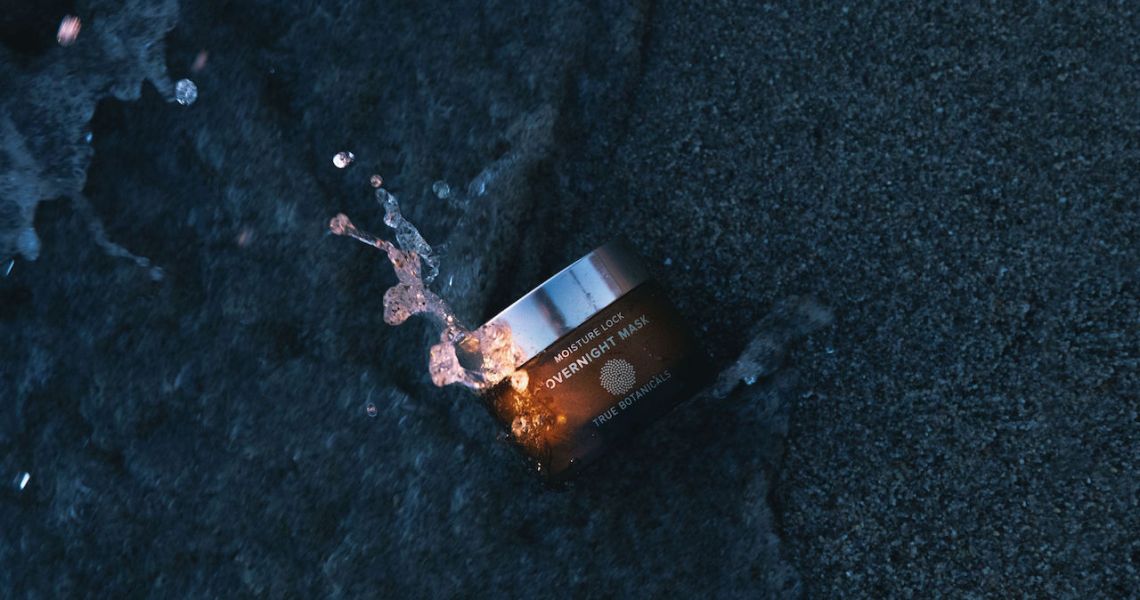Skin-care brand True Botanicals is going back to its direct-to-consumer roots.
In November 2018, the beauty brand, which first launched in 2015, opened its first brick-and-mortar flagship in San Francisco and pulled out of retail partners like Follain, Violet Grey and Barneys New York, choosing to only stay in Goop for its “heavy editorial focus,” according to True Botanicals founder and CEO Hillary Peterson.
“What we found was that wholesale was only driving about 10 percent of our sales, while 90 percent was direct,” she said. “We have always been a heavily skewed direct business, and we want to emphasize and continue that growth.”
While Peterson would not share sales figures for 2018, she said that last year, True Botanicals grew revenue by 200 percent, and it’s forecasting another 200 percent growth in 2019. True Botanicals’ refocus on DTC is in stark contrast to the direction of other digitally native beauty brands: New Zealand-based line Girl Undiscovered is aggressively using third-party partners to grow in the U.S. and Europe, and L’Oréal-incubated sustainable beauty brand Seed Phytonutrients wants to equally balance its direct and physical retail sales.
To help drive more sales and community engagement (True Botanicals has 114,000 followers on Instagram and over 32,000 followers on Facebook; it would not share traffic on its site), Peterson is investing in clinical trials to spur product innovation and messaging. The company said it has increased its investment in clinical trials by over 100 percent.
“Bringing results-orientation and offering proof that our products work is our point of differentiation,” said Peterson. The latest example is tied to its Moisture Lock Overnight Mask, a new skin-care mask that launched on Jan. 17 and is meant to help True Botanicals build out that category. (Skin care accounts for 80 percent of the brand’s sales, while its newer hair and body products account for 20 percent.) True Botanicals conducted a randomized, 33-person trial from September to October 2018 to test the mask’s hydration, using an advanced measurement tool called a Corneometer, which checks moisture levels of the superficial layers of the skin.
After 24 hours, 100 percent of testers reported an increase in surface hydration of more than 25 percent, and after a week, that number spiked to nearly 38 percent. “Launching a product is expensive, but maintaining our reputation as problem-solvers helps us show why a customer should come to us,” said Peterson. This marks the first time True Botanicals has been able to conduct this type of trial prior to launch. It will use the results in marketing messaging on its site and social media.
Ad position: web_incontent_pos1
“When we think about expanding our assortment, there has to be a reason why. Our customers were telling us they needed more hydration beyond their existing skin-care routine, and this is a way of answering demand,” she said.
Clinical trials are not the only focus for True Botanicals in 2019. After the success of its San Francisco outpost, it will be testing up to three new markets (Austin and Dallas are on deck for the year) via pop-ins with like-minded brands. This plays on True Botanicals’ larger event strategy, which brings beauty and wellness companies in for monthly residences at its San Francisco location. (The most recent was wellness brand Sakara Life.) True Botanicals has also used its events as education tools. Monthly, it is averaging around three residencies per month, two pop-up events at outside locations and one clinical workshop.
“We’re very focused on transforming the beauty industry into a wellness industry, and by pairing context around what we do, we are more likely to bring people in,” said Peterson.




